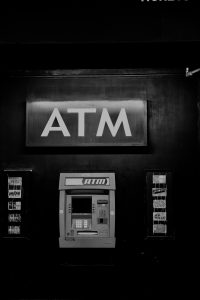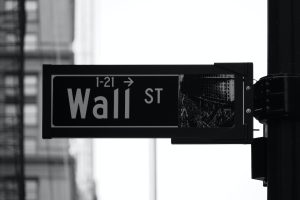Forex trading fees refer to the various costs associated with the exchange of currencies in the foreign exchange market. These fees include transaction fees, spread costs, and overnight fees. Understanding these fees is crucial for any forex trader, as they can significantly impact profits and losses. In this article, we will explore the average forex trading fees and the factors that affect them.
Transaction Fees
Transaction fees are fees charged by brokers for executing trades on behalf of traders. These fees are usually charged as a percentage of the trade’s value and can range from 0.1% to 1% of the trade’s value. The exact amount of transaction fees varies depending on the broker and the type of account a trader has.
For example, some brokers offer commission-free trading accounts, where traders do not pay any transaction fees. However, these accounts may have higher spread costs or other fees. On the other hand, some brokers charge a fixed transaction fee per trade, regardless of the trade’s value.
Spread Costs
Spread costs refer to the difference between the bid and ask price of a currency pair. The bid price is the price at which traders can sell a currency, while the ask price is the price at which traders can buy a currency. The spread is the difference between these two prices and is usually measured in pips.
Spread costs can vary depending on the broker, the currency pair, and market conditions. Typically, major currency pairs such as EUR/USD and GBP/USD have lower spreads than minor or exotic currency pairs. The average spread costs for major currency pairs can range from 0.5 to 3 pips.
Overnight Fees
Overnight fees, also known as swap fees, are fees charged by brokers for holding a position overnight. These fees are calculated based on the interest rate differential between the two currencies in the currency pair. If a trader holds a long position in a currency pair with a higher interest rate than the other currency, they will earn a positive overnight fee. Conversely, if a trader holds a short position in a currency pair with a higher interest rate than the other currency, they will pay a negative overnight fee.
The exact overnight fee varies depending on the broker, the currency pair, and the size of the position. Typically, overnight fees range from 0.01% to 0.5% of the position’s value.
Factors That Affect Forex Trading Fees
Several factors can affect forex trading fees, including:
1. Broker Type: Different types of brokers charge different fees. For example, market makers may charge higher spreads but lower transaction fees, while ECN brokers may charge lower spreads but higher transaction fees.
2. Currency Pairs: The spread costs and overnight fees vary depending on the currency pair being traded. Major currency pairs typically have lower spread costs and overnight fees than minor or exotic currency pairs.
3. Account Type: The type of account a trader has can also affect forex trading fees. For example, commission-free accounts may have higher spread costs or other fees.
4. Trading Volume: The trading volume can also affect forex trading fees. Some brokers offer volume-based discounts, where traders who trade larger volumes pay lower fees.
Conclusion
Forex trading fees are an essential aspect of forex trading and can significantly impact profits and losses. Understanding the various types of trading fees and how they are calculated is crucial for any forex trader. The average forex trading fees vary depending on several factors, including the broker type, currency pairs, account type, and trading volume. By considering these factors, traders can choose a broker that offers the most competitive trading fees and maximize their profits.






